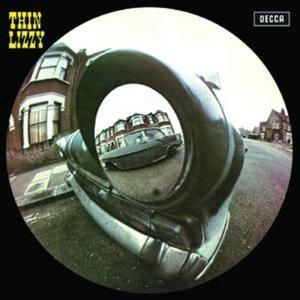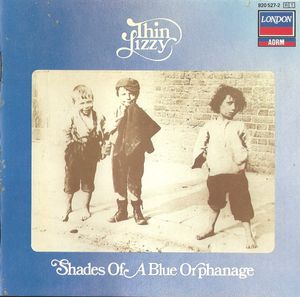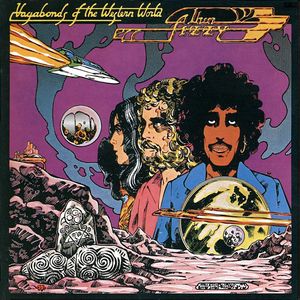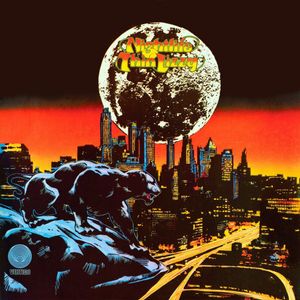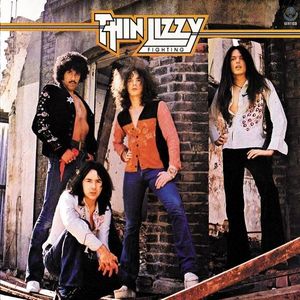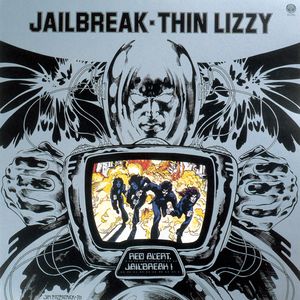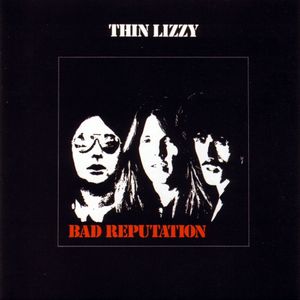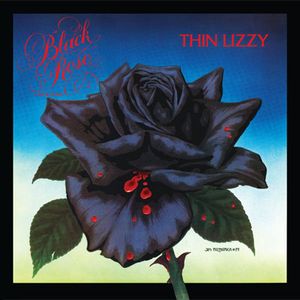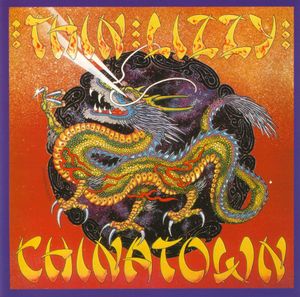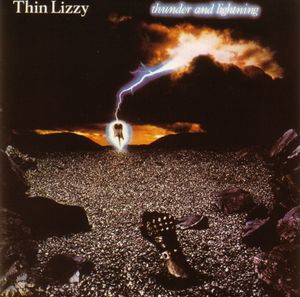
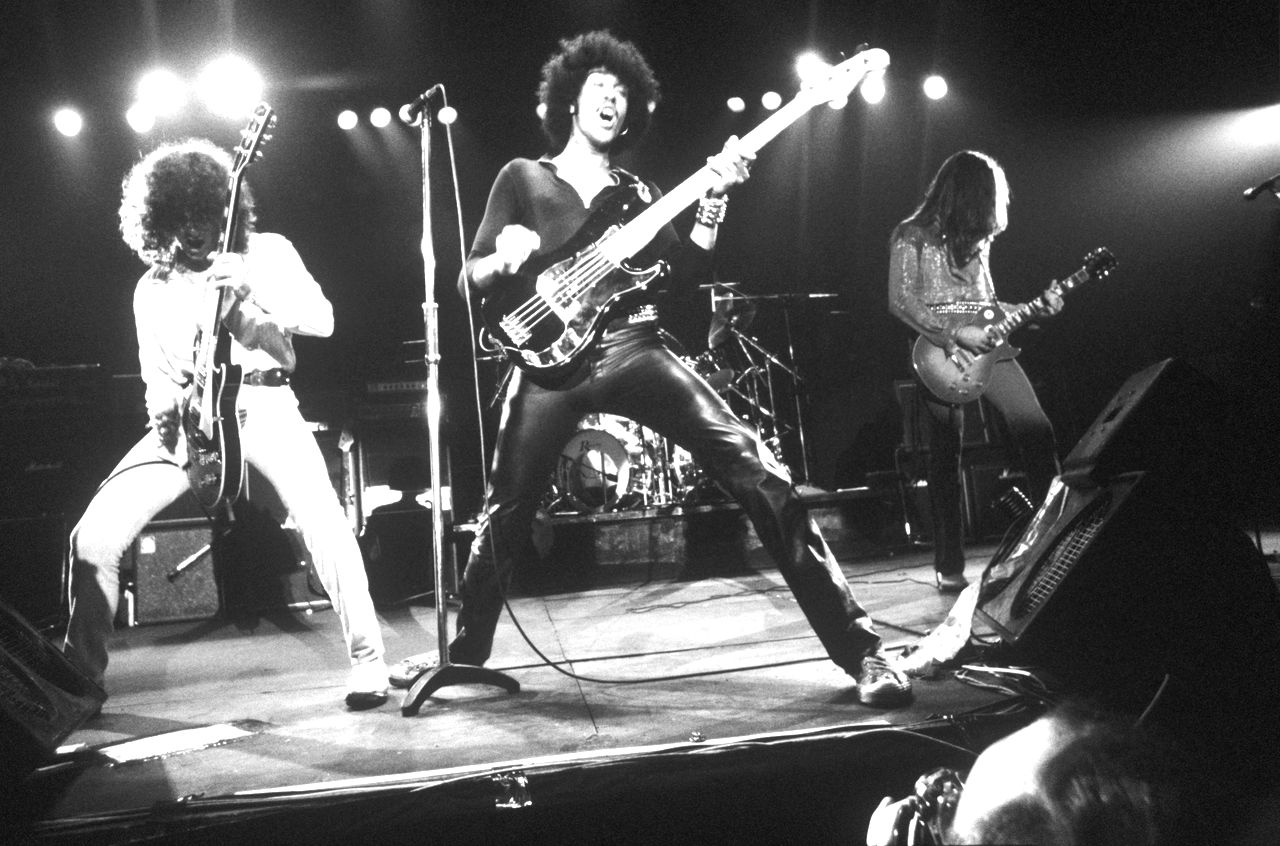
Thin Lizzy
Follow Your Favorite Band Today!
Top Thin Lizzy Community Posts
Story of Thin Lizzy
Thin Lizzy: A Dublin-Born Hard Rock Titan
Thin Lizzy, the legendary Irish hard rock band, emerged from the streets of Dublin in 1969. Led by the charismatic Phil Lynott, who was not only the group's bassist and lead vocalist, but also the primary songwriter, Thin Lizzy initially featured drummer Brian Downey, guitarist Eric Bell, and keyboardist Eric Wrixon. However, Wrixon's tenure was short-lived, leaving the band within a few months.
Bell, a key part of the band's early sound, departed in 1973, paving the way for a whirlwind of guitarists. Gary Moore briefly filled the void, only to be replaced by the twin-guitar attack of Scott Gorham (who remained with the band until their disbandment in 1983) and Brian Robertson (who stayed until 1978, when Moore made a second brief return). Moore's second departure led to the arrival of Snowy White in 1980, who was then followed by John Sykes in 1982. Further bolstering the band's sound, keyboardist Darren Wharton joined in 1980.
This constant evolution of guitarists, coupled with the steadfast rhythm section of Downey and Lynott, contributed to Thin Lizzy's dynamic and energetic sound. Their music, a potent blend of blues, soul, psychedelic rock, and traditional Irish folk influences, is often categorized as hard rock or heavy metal.
Thin Lizzy's impact on the rock world is undeniable. They scored international hits with singles like "Whiskey in the Jar" (1972), "The Boys Are Back in Town" (1976), and "Waiting for an Alibi" (1979), and achieved numerous top ten albums in the UK.
Lynott, a trailblazer for Black Irish musicians in rock, guided Thin Lizzy through their fourteen-year recording career, writing or co-writing virtually all of their material. The band's diverse lineup, drawn from both sides of the Irish border and both the Catholic and Protestant communities, further underscores their unique place in rock history, especially during the turbulent period of "The Troubles."
Thin Lizzy's legacy continues to inspire, demonstrating the power of music to transcend boundaries and create a lasting impact on generations of rock fans.
Frequently Asked Questions
Bands you may like
More Blues Rock Bands
Discover more bands in the Blues Rock genre and explore the diverse sounds that define this musical style.
Browse All Blues Rock BandsMore Bands from Ireland
Discover the rich musical heritage of Ireland and explore bands that represent the country's unique sound and culture.
Browse All Ireland Bands
